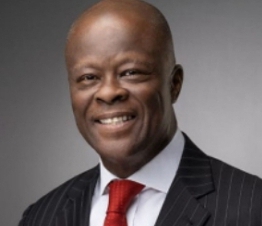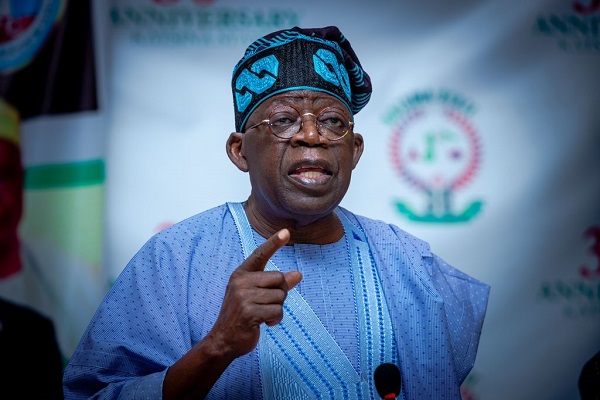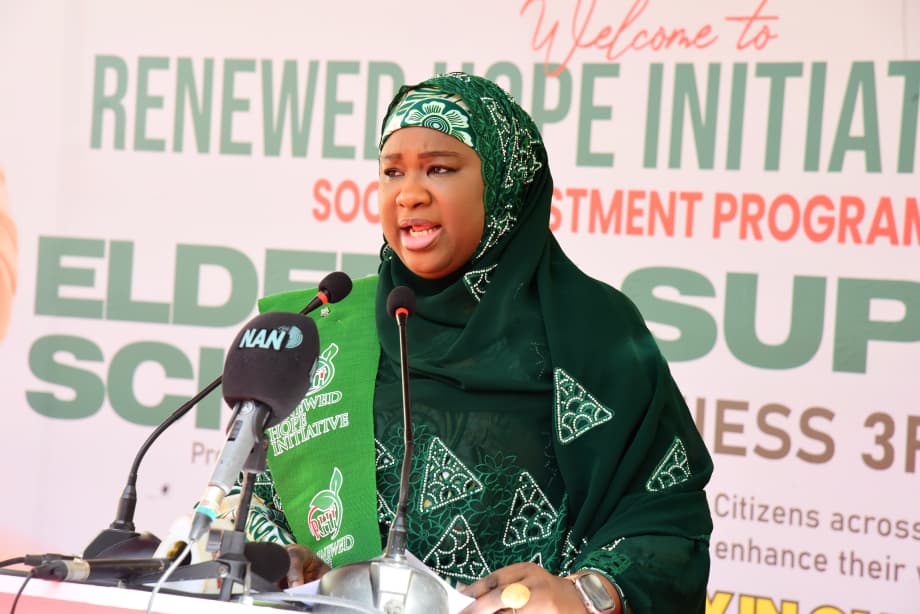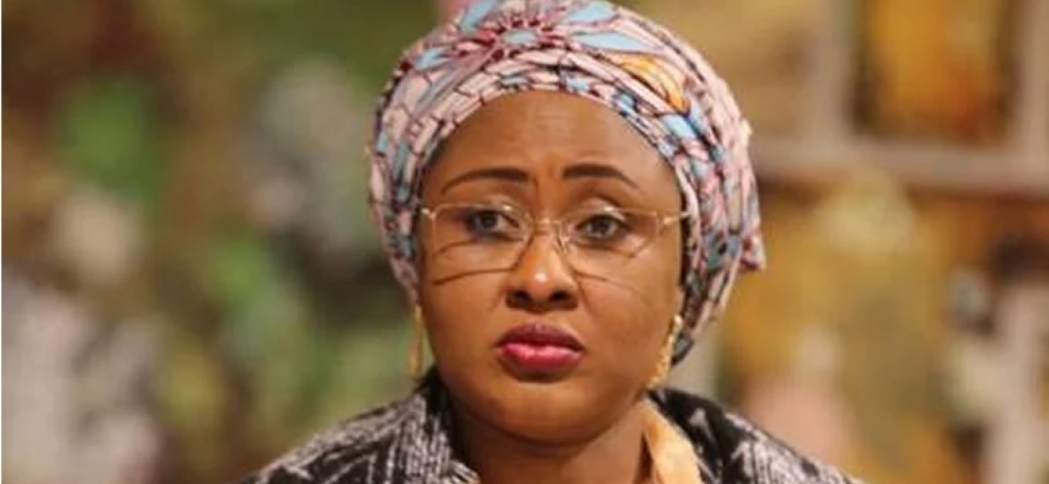IBADAN — Satguru Maharaj Ji, founder of the One Love Family, has called on President Bola Ahmed Tinubu to act decisively against alleged sponsors of jihadist and bandit groups operating in Nigeria, endorsing former U.S. President Donald Trump’s recent warning about the nation’s security crisis.
In a press statement dated December 15, 2025, the spiritual leader described Trump’s caution—which hinted at potential foreign military intervention—as a “wake-up call” necessitated by years of unchecked violence, sectarian conflict, and what he termed Nigeria’s failure to dismantle terror financing networks.
Maharaj Ji accused certain individuals within Nigeria’s political and social elite of enabling violent groups while enjoying protection from authorities. He specifically named Islamic cleric Sheikh Ahmad Gumi among others and called for their arrest, investigation, and prosecution.
“No individual should be above the law where national security is concerned,” he asserted.
The spiritual leader further alleged that Western humanitarian and donor funds had been diverted to finance extremist groups such as Boko Haram and ISWAP, fueling arms acquisition, deepening insecurity, and widening ethnic divisions. He also accused some Northern elites of deliberately undermining national unity for personal or ideological gain.
Advocating a return to African traditional spirituality, Maharaj Ji criticized both Christianity and Islam as foreign impositions that have diluted indigenous consciousness.
In a direct appeal to President Tinubu, Maharaj Ji urged collaboration with Donald Trump and Western intelligence agencies to expose terrorist networks and financial channels. He also proposed domestic measures, including:
· Reintroduction of nationwide toll gates to boost revenue.
· Provision of official vehicles for medical doctors to improve healthcare access.
· Comprehensive audits of property ownership and fintech firms to curb terror financing.
Additionally, he called on the Sultan of Sokoto to direct followers to vacate illegally occupied lands and urged scrutiny of Nigeria’s representatives to the ECOWAS Parliament to ensure no sympathies exist for extremist groups.
The statement concluded with a spiritual pledge of support for President Tinubu’s administration, coupled with a warning that Nigeria’s long-term stability hinges on accountability for those behind years of violence.









